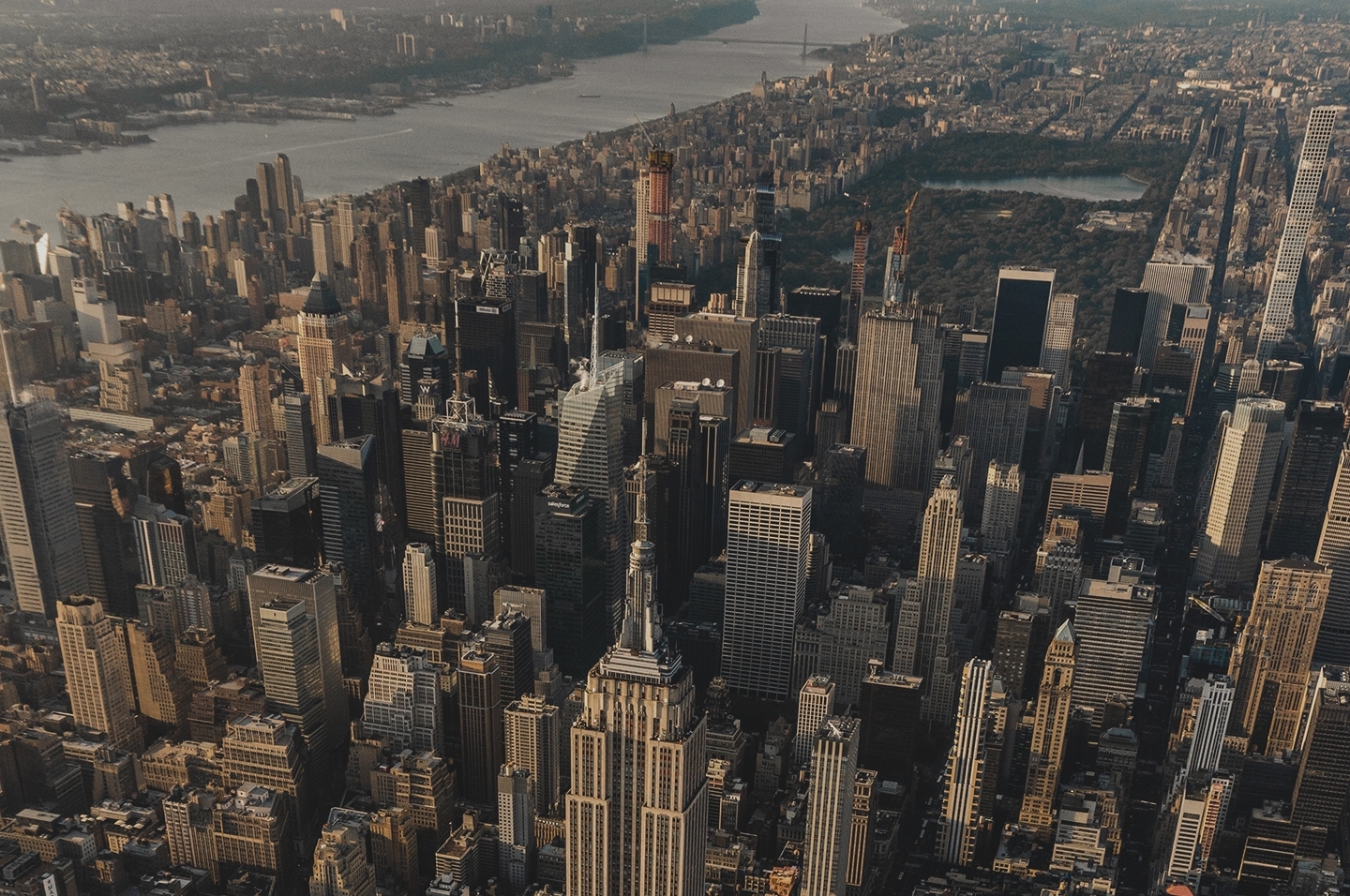
NYC
Manhattan is worth as much as Canada. Yep, include all the poutine, hockey and ski slopes you like, that 60 square kilometre strip called Manhattan is worth as much as Canada’s annual GDP. Land prices in Manhattan are rising by 17% annually. What makes New York worth disproportionately more than anywhere else on planet earth?
Manhattan is worth as much as Canada. Yep, include all the poutine, hockey and ski slopes you like, that 60 square kilometre strip called Manhattan is worth as much as Canada’s annual GDP.
A study found that commercial and residential land in the Big Apple was worth up to US$1.95t. Land prices in Manhattan are rising by 17% annually. What makes New York worth disproportionately more than anywhere else on planet earth? It’s just as noisy, smelly and busy yet remains the centre of global capitalism.
To start, NY property value is closely tied to employment numbers in white-collar jobs. Sure, we know Wall St will always employ the best finance workers but NYC is quietly a second home for tech startups and unicorns. Quietly sitting behind Silicon Valley, New York City is an epicentre for startups. In fact, 16% of all VC funding in 2017 flowed to NY based companies.
Is this enough to explain the absurd valuations and rents attached to studio flats we see on real estate sites? Well, we can’t underrate the city itself. Home to Broadway, 8 professional sports franchises, and 68 Michelin starred restaurants, NYC is a destination worth paying for.
But has it peaked? Spend any amount of time on FinTwitter and you’d be aware of the exodus of talent from San Francisco for lifestyle (read tax) reasons. BigTech and startups were relocating from Silicon Valley to places like Texas and Florida.
The general consensus is that a year of quarantine in small, high rise apartments made people realise that a life in the suburbs wasn’t so bad. In the last year, there was a 200%+ increase in the number of people leaving New York, mainly for Florida. “Vertical to horizontal living” is the most common reason. Interestingly this is in stark contrast to the rest of the world. Urbanisation has been trending for decades. In country migration has left rural areas baron as the youth move to the Big Smoke. In China, 60% of the population lives in urban areas, that has increased from 17% in 1978.